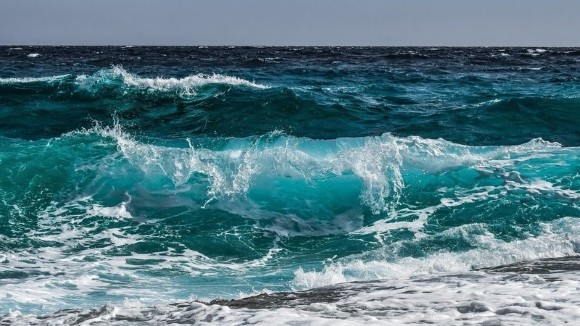Regina Rodrigues - Lead Guest Editor
orcid.org/0000-0001-8010-4018
Research areas: Climate variability, large-scale ocean and atmospheric dynamics and teleconnection patterns in the Southern Hemisphere, extreme events

Personal webpage
Annie Bourbonnais - Guest Editor
orcid.org/0000-0001-7247-5230
Research areas: Marine biogeochemistry, Marine nitrogen cycle, Nitrogen and carbon stable isotopes, Dissolved gases (N2, O2, Ar) as tracers of oceanic physical and biological processes, Trace gas production (N2O) in marine environments, Chemosynthetic deep-sea ecosystems, Oxygen minimum zones
 Annie Bourbonnais is an assistant professor at the University of South Carolina (UofSC), USA, where she leads the Marine Stable Isotope Biogeochemistry Laboratory at the School of the Earth, Ocean and Environment. Before joining UofSC in August 2018, she was a research professor at the University of Massachusetts Dartmouth and a postdoctoral fellow at the Woods Hole Oceanographic Institution. She obtained her Ph.D. at the University of Victoria (Canada) in 2012. Her research is focused on the biogeochemical oceanographic processes that affect climate, particularly the cycling of nitrogen (N), an essential nutrient for all organisms that limits primary productivity in most of the ocean. She uses the stable isotope ratios of reactive N pools as a primary tool and tracer to study N transformations in marine and lacustrine environments. Her current research investigates the sources and sinks of nitrous oxide, a potent greenhouse gas, from concentration and stable isotopic data from different oceanic environments, such as oxygen minimum zones, the Arctic, the Gulf of Mexico, and the Benguela Upwelling system. She is also a key participant in a NSF EPSCoR project using computational methods and autonomous robotics systems for modeling and predicting harmful cyanobacterial blooms in South Carolina lakes.
Annie Bourbonnais is an assistant professor at the University of South Carolina (UofSC), USA, where she leads the Marine Stable Isotope Biogeochemistry Laboratory at the School of the Earth, Ocean and Environment. Before joining UofSC in August 2018, she was a research professor at the University of Massachusetts Dartmouth and a postdoctoral fellow at the Woods Hole Oceanographic Institution. She obtained her Ph.D. at the University of Victoria (Canada) in 2012. Her research is focused on the biogeochemical oceanographic processes that affect climate, particularly the cycling of nitrogen (N), an essential nutrient for all organisms that limits primary productivity in most of the ocean. She uses the stable isotope ratios of reactive N pools as a primary tool and tracer to study N transformations in marine and lacustrine environments. Her current research investigates the sources and sinks of nitrous oxide, a potent greenhouse gas, from concentration and stable isotopic data from different oceanic environments, such as oxygen minimum zones, the Arctic, the Gulf of Mexico, and the Benguela Upwelling system. She is also a key participant in a NSF EPSCoR project using computational methods and autonomous robotics systems for modeling and predicting harmful cyanobacterial blooms in South Carolina lakes.
Personal webpage

